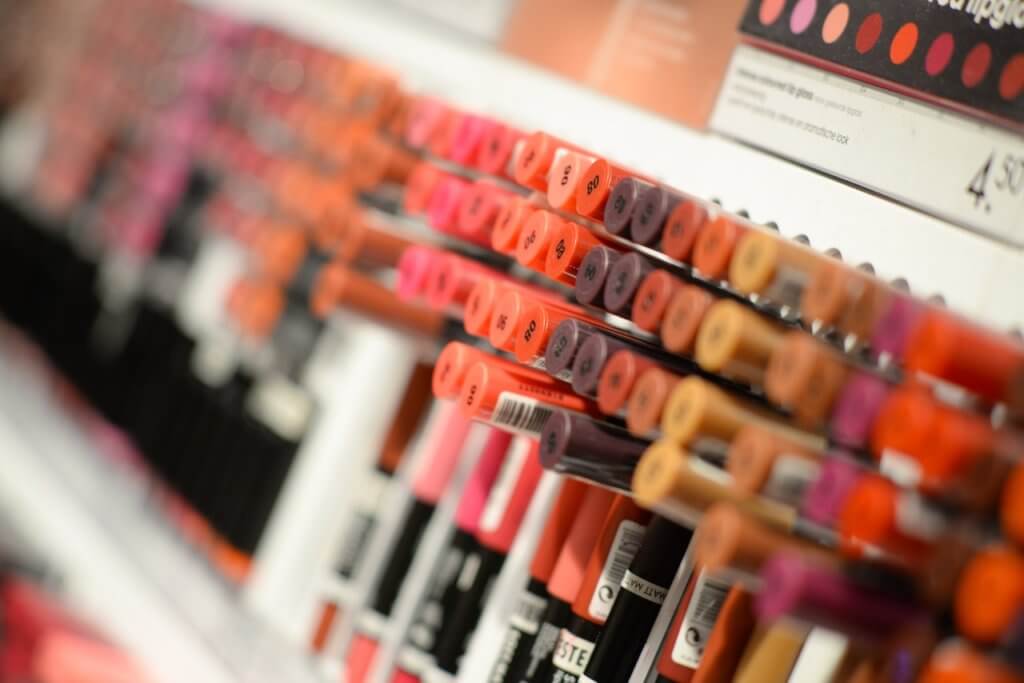Today, we’re looking at 3 simple ways you can make amends to your beauty habits, to protect the wellbeing of the planet.
Say goodbye to single-use products
So many of us are guilty of using products like face wipes and cotton wipes and swabs – and then just mindlessly throwing them in the bin.
Sure, these products are super practical after getting in from a night out – we simply just grab for a wipe and it takes a matter of seconds to remove makeup.
Whilst they’re convenient, it’s estimated that 43% of women in the UK regularly use these types of products, which take years to break down in landfills because they’re made from materials like cotton, wool pulp, and polyester, designed to be resistant to decomposition.
Reusable and washable make-up wipes are a much more sustainable option and are readily available.
However, there are also a number of brands now making biodegradable wipes, which are convenient for when you’re on the move.
Avoid microplastics
Microplastics are defined as tiny particles of plastic that are less than 5 millimetres long. The use of microplastics and their effects are a hot topic of discussion at the moment and their effects on the environment at catastrophic, with marine life ingesting them and suffering as a result.
The beauty industry has been a big producer of these plastics since the mid-20th century and the packing industry for beauty and personal care products alone makes up nearly $25 billion in sales.
With high profits such as this, the beauty industry has been reluctant to change its ways.
Thankfully this is changing and if you want to avoid products containing microplastics, take a look at beatthemicrobead.org to see where they’re hiding.
Swap cotton buds for bamboo versions
In England, we use around 1.8 billion plastic-stemmed cotton buds each year according to government stats.
Around 10% of this figure is flushed down the toilet and cotton buds are just one of the sanitary products that are irresponsibly disposed of and result in pollution and the destruction of marine life and ecosystems.
Shockingly, a cotton bud has the ability to pierce through the organs of marine animals. Swap conventional cotton buds with those made from bamboo such as Hydrophil, which can be composted or binned as organic waste.
Cotton buds with plastic stems are to be banned in the UK from April 2020 under legislation made by Michael Gove, who was environment secretary in May 2019 when this was decided upon. This a good step for the UK.
Being more sustainable in all aspects of day-to-day life is the responsibility of everyone – hopefully, we’ll see some changes over the next decade in a bid to cultivate a greener world. 😊



1 Comment
I liked reading this blog post as it’s definitely helping the environment and I want to do all I can to save the environment and nature! Instead of cotton buds all together, there’s a cool device which I recently bought that has a mini camera on the end of an ear cleaning device! It’s amazing to use and doesn’t need to be thrown away.